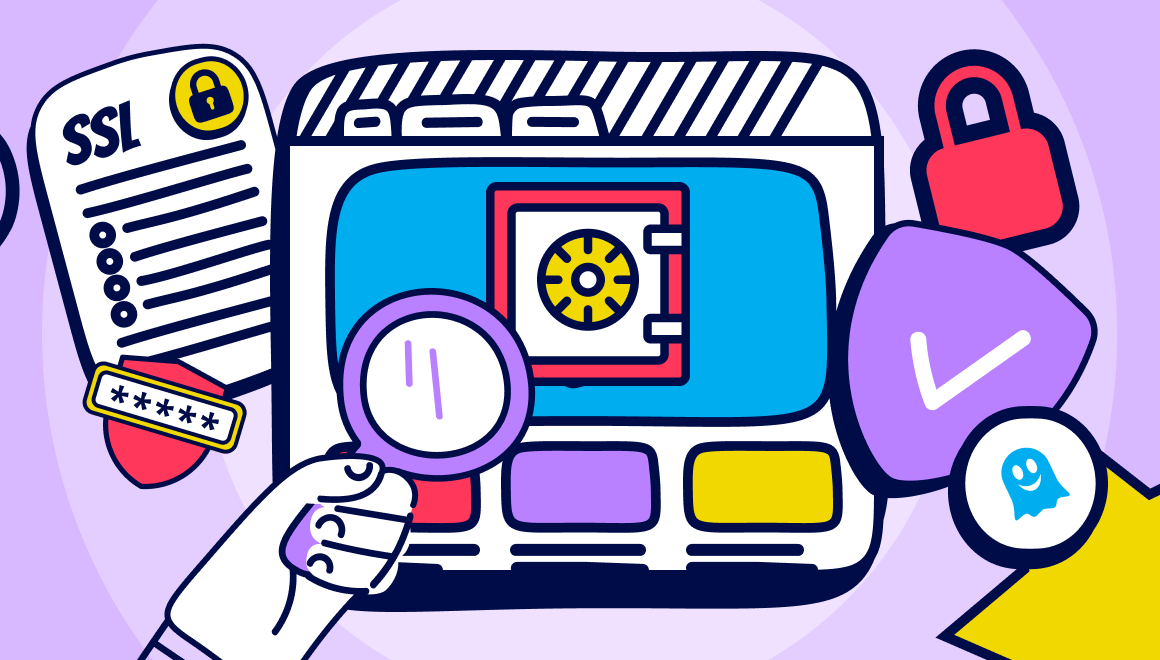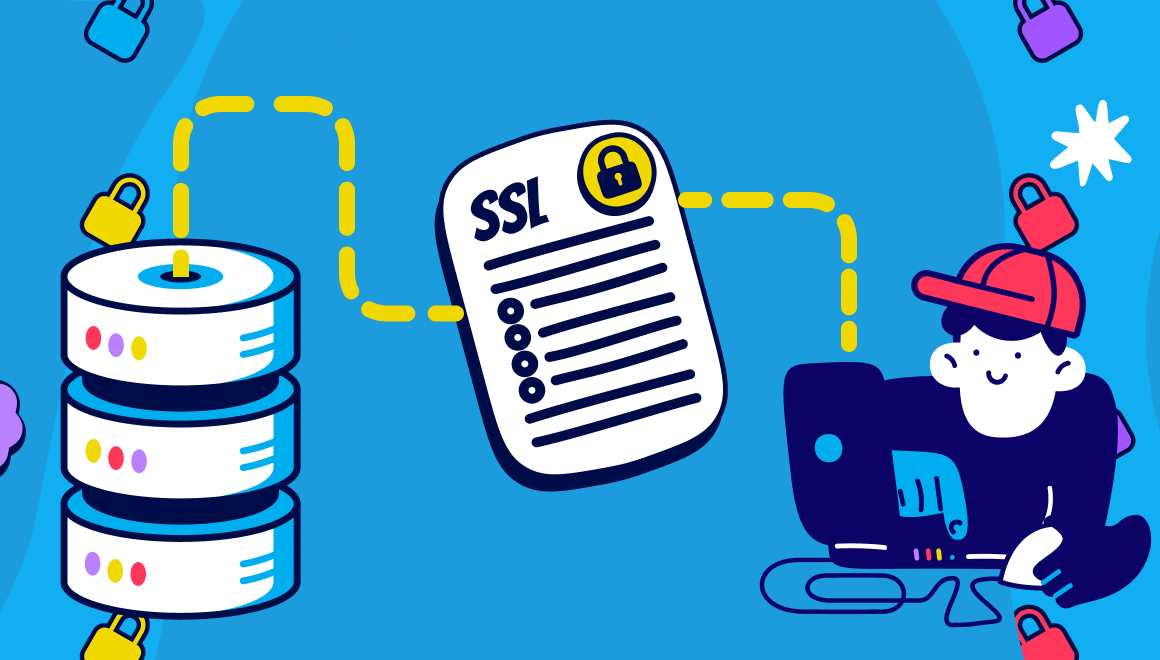Guide
Ghostery and VPNs - The Privacy Duo Explained
Key points:
- Ghostery prevents trackers in your browser and non-private search engines from passing personal data to companies profiling you.
- VPNs hide your IP address, cloak your location, and can bypass geographical restrictions on websites and media platforms.

The personal data trail online
When browsing the internet, each page visited carries invisible scripts that gather information about what we look at, how we interact with the content, and even what we do after we leave that page. This knowledge is routinely transfered to many different companies that use this data to build profiles of every one of us and track us across the web.
How does Ghostery work?
Ghostery detects whenever this happens and prevents personal identifiers from leaving your browser by employing algorithmic tracking prevention techniques.
Anti-tracking and ad-blocking on search engine result pages
Search plays a key role in tracking user data. Ghostery aims to minimize our users’ digital footprint on search engines. We recommend using a private search engine whenever possible. Ghostery also offers a privacy-focused search engine.
Whether you are using a private search engine or not, we offer a sneak peek at the number of trackers Ghostery detects on a page displayed in the search results. This allows you to make an informed choice on whether or not you would like to visit the site. We also prevent them from tracking what sites you click into.
In a nutshell, Ghostery:
- blocks trackers on websites you visit
- blocks trackers on non-private search engines
- blocks ads on websites and non-private search engines as they contain trackers
- prevents private data leaving your browser
- prevents profiling
- allows visibility on which companies want to track you
How does a VPN work?
A VPN or Virtual Private Network, allows you to create a secure, encrypted connection between your computer, smartphone, or tablet and the internet, providing a private tunnel for your data while you use public networks.
Initially VPNs were created to connect business networks together securely over the internet or allow you to access a business network from the comfort of your home.
VPNs offer a secure tunnel
Put simply, a VPN connects your device to a server (another computer) somewhere on the internet, and allows you to access the internet using that server’s internet connection. So, if you are located in the US and the other computer is located in the UK, it will appear as if you are coming from the UK, and you can potentially access things that you couldn’t normally.
In a nutshell, a VPN:
- helps bypass geographic restrictions on websites or streaming audio and video, like Hulu or BBC iPlayer
- hides your true location and IP address
- encrypts your data and protects you on public or hotel Wi-Fi’s
- protects you from internet service providers shadowing your every move
- helps bypass internet service provider bandwidth throttling
Anti-tracking & ad-blocker tools and VPNs are complementary, not mutually exclusive.
Ghostery protects your privacy by removing trackers and ads while our users browse the web. VPN clients encrypt your data and hide your location which makes it more difficult for companies to track and profile you.
Note: Yes, we make a small commission if you buy a NordVPN subscription using this link. It’s a great contribution to keep a big chunk of the Ghostery Privacy Suite free of charge for everyone.


